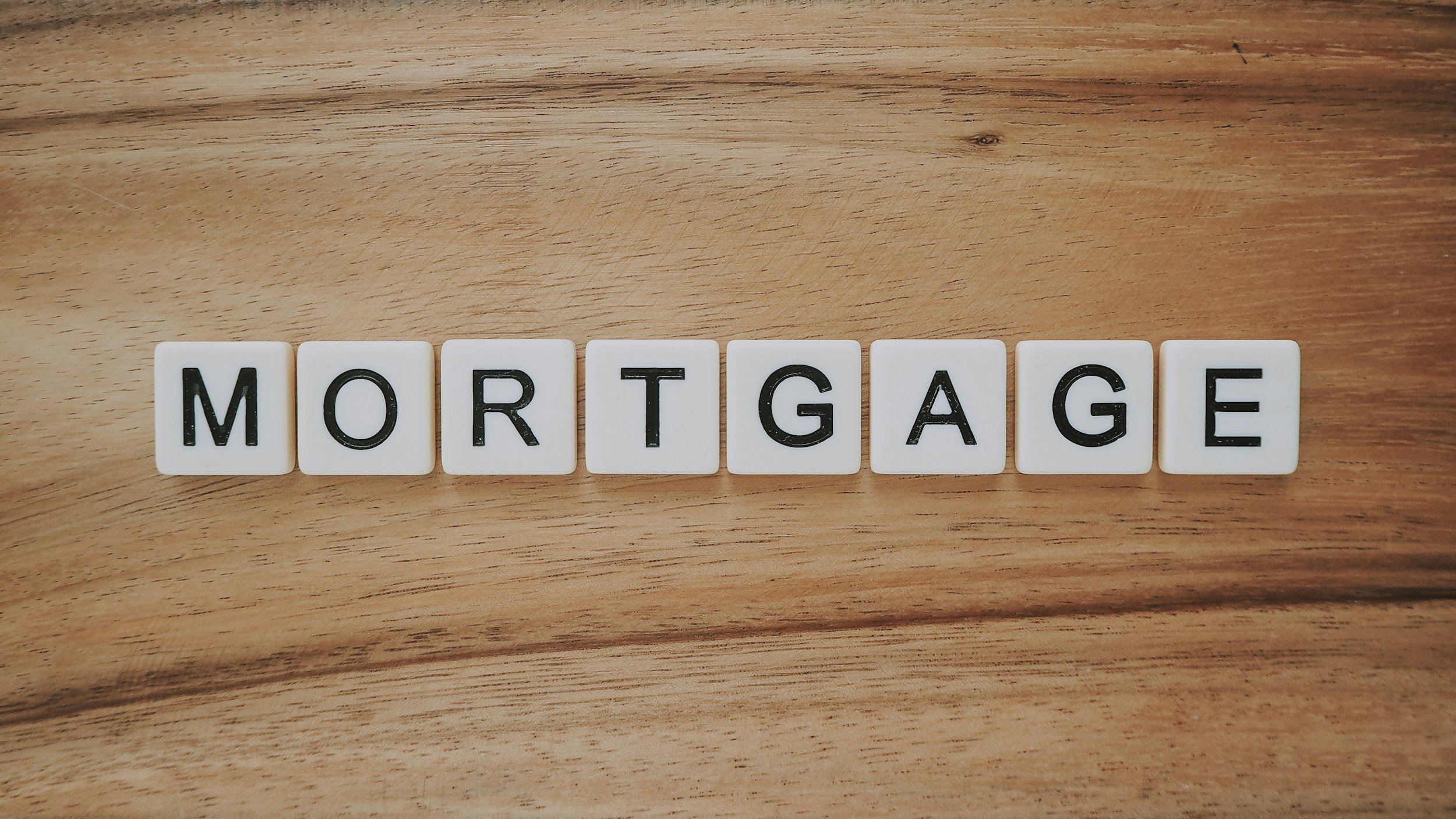Topics
- Accountants
- Bank Account Advice
- Bank Statement Tips
- Bitcoin
- Boarders
- Break Fees
- Budgeting Tips
- Building A Home
- Building Inspections
- Code of Compliance
- Compound Interest
- Construction
- Construction Mortgage
- Conveyancing
- Credit Cards and Lending
- Credit Limits and Lending
- Credit Reports
- Credit vs Student Loan
- Current Mortgage
- Deposit
- Deposit vs Income
- Divorce
- Financial Literacy
- Financial Preparation
- First Home Buyer
- Fixed vs Floating
- Flatmates
- Health and Finance
- Home Buyer
- Home Equity
- Home Safety
- Homeowner Tips
- Income Hurdles
- Inflation
- Interest Rates
- Joint Tenancy
- Kainga Ora First Home Loan
- KiwiSaver
- Lending Criteria
- Life Insurance Tips
- Loan Repayment Tips
- Loan-to-Value Ratio (LVR)
- Low Deposit Lending
- Member Tax Credit
- Mortgage Advice
- Mortgage Affordability
- Mortgage Application Tips
- Mortgage Budgeting Tips
- Mortgage Declined
- Mortgage Deposit Requirements

What happens if a Registered Valuation Report isn’t high enough?
A Registered Valuer’s Report is often a key part of getting a mortgage approved—especially when you’re borrowing more than 80%. But what happens if the report comes in lower than expected? In this blog, we explore the implications of a low valuation and how it affects your home-buying power.

The Official Cash Rate (OCR) Explained
The Official Cash Rate (OCR) is one of the most powerful levers the Reserve Bank has to steer New Zealand’s economy. It influences mortgage rates, inflation, spending, and even the exchange rate. Whether you're a homeowner, investor or saver, understanding how the OCR works is essential to making smarter financial decisions.

Should You Break Your Fixed Mortgage? Here’s How to Calculate If It’s Worth It
Thinking about breaking your fixed mortgage rate to get a better deal? Here's how to calculate the break cost, assess whether it’s worth it, and avoid common pitfalls. With the right strategy, breaking your rate could save you thousands.

Mortgage Deposit: Can I Take Out a Loan to Increase It?
Banks love to see savings discipline—but what if you’re just short of the deposit you need? Can you borrow the difference to hit your 10% or 20% mortgage deposit goal? We unpack whether loans, credit cards, or finance company top-ups are a smart (or even allowed) way to bridge the gap.

Property Experts You Need on Your Team
Buying a property isn’t a solo mission. Whether you’re a first home buyer, investor, or planning a refinance, surrounding yourself with the right property experts can make the process faster, smoother, and more successful—often without significant cost.

How Do You Get a Mortgage on a Tiny Home?
Dreaming of downsizing into a tiny home but unsure how to finance it? You're not alone. Tiny homes offer an appealing lifestyle, but traditional mortgage lending hasn’t quite caught up. Here’s what you need to know about how to buy a tiny home—and the financing options available to make it happen.

How Offset Mortgages Work in New Zealand
Offset accounts are a smart tool for mortgage holders with savings—offering the ability to reduce interest without locking funds away. Here’s how offset mortgages work, who they’re good for, and when to consider one as part of your home loan structure.

Deposits: How much do you need to buy your first home?
Wondering how much deposit you need to buy a house in New Zealand? Here's the 2025 guide to 5%, 10%, and 20% deposit options—and how to make yourself bank-ready.

How much does a Credit Card affect your lending?
Your credit card limit—not your balance—can reduce how much a bank will lend you for a mortgage. Here’s how to fix it and borrow more.

Fixing or Refixing Your Mortgage: 3 Questions to Ask Before You Lock In
Whether you're fixing your mortgage for the first time or refixing an expiring loan, asking the right questions can save you thousands. Here’s what to consider before you commit to a new term.

Ready To Buy: 3 Things First Home Buyers Can Do Today
Buying your first home? Here are three practical things you can do today to prepare for your mortgage and improve your chances of approval.

Ready To Buy: 3 Things Investment Property Buyers Can Do To Get Ready
Getting ready to buy your first investment property? It’s not as overwhelming as it might seem. From choosing the right ownership structure to stress-testing your numbers, here are three smart steps to set yourself up for success.

Construction Mortgages – Turn-Key vs Progress Payment Contracts
Choosing between a turn-key or progress payment contract is one of the first major decisions in a construction project. Here's how they work, how banks view them, and what you should watch out for.

Bank Declined Your Investment Property Mortgage? Here’s What to Do If It’s an Equity Hurdle
If your mortgage for an investment property was declined due to deposit or equity issues, don’t worry—you’ve got more options than you might think.

The Bank Said No Because of My Income
An income decline doesn’t mean the end of the road. Learn how banks calculate affordability—and what you can do to overcome the income hurdle when investing in property.

How Soon Can You Reapply for a Mortgage After Being Declined?
Getting declined for a mortgage can feel disheartening, but it's far from the end of the road. Whether it was due to income, deposit, or credit history, there are plenty of strategies to turn things around—and possibly reapply much sooner than you think.

What Does LVR Mean?
LVR (Loan-to-Value Ratio) is one of the most important mortgage terms to understand. It tells you how much of your property is financed through lending—and can affect your approval, interest rate, and more.

Can I Buy a Home With Friends?
Buying a home with friends can help you onto the property ladder sooner—but it’s not without its challenges. From legal ownership structures to long-term financial planning, this guide unpacks the pros, cons, and practical steps involved in co-owning a property with mates in New Zealand.

Interest-Only Mortgages: When They Work—and When They Don’t
Interest-only mortgages can be a powerful financial tool—when used strategically. This guide breaks down who they’re right for, when banks will say yes, and why they’re not a long-term solution.

Revolving Credit vs Floating Mortgage Account: What’s the difference?
Fixed-term mortgages may be the norm, but savvy borrowers often turn to floating and revolving credit accounts for flexibility and interest savings. So, what’s the difference—and when should you use each?
